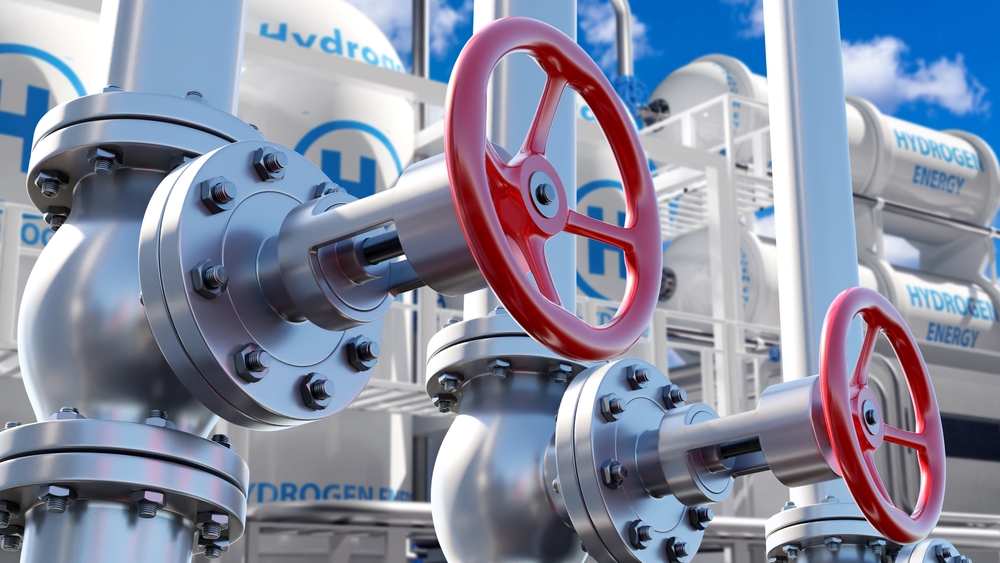In a major push towards climate neutrality, the European Commission has greenlit a €400m Spanish State aid scheme to accelerate renewable hydrogen production.
This renewable hydrogen initiative is part of the EU’s broader strategy to decarbonise its economy, reduce reliance on fossil fuels, and meet ambitious REPowerEU targets.
The support will be channelled through the European Hydrogen Bank’s innovative “Auctions-as-a-Service” mechanism, marking a significant step forward in Europe’s green energy transition.
Catalysing Spain’s green hydrogen potential
The approved scheme aims to fund the construction of up to 345 megawatts of electrolyser capacity and facilitate the production of approximately 221,000 tonnes of renewable hydrogen in Spain.
This move is projected to avoid the emissions of up to one million tonnes of CO₂, underscoring its environmental impact.
The funding will be awarded via a competitive bidding process completed in the first quarter of 2025. Managed by the European Climate, Infrastructure, and Environment Executive Agency (CINEA), this process ensures that only the most viable and impactful projects are selected.
Eligible participants include companies planning to build new electrolysers that comply with stringent EU standards for producing renewable fuels of non-biological origin (RFNBOs).
Incentivising clean hydrogen through strategic grants
Under the scheme, successful projects will receive direct grants based on the amount of renewable hydrogen produced, with support provided for a maximum of ten years.
To qualify, beneficiaries must demonstrate their contribution to renewable energy generation, ensuring the hydrogen produced is truly sustainable.
This approach aligns with Spain’s national target to install 12 gigawatts of electrolyser capacity by 2030 while also meeting EU-mandated goals for RFNBO consumption in sectors such as transportation and heavy industry.
European Hydrogen Bank: A new era for clean energy
The initiative is part of the European Hydrogen Bank, a flagship programme launched to bridge the investment gap in renewable hydrogen and connect producers with end-users.
The Bank supports both domestic production and strategic imports of clean hydrogen, propelling Europe towards its goal of producing or importing 20 million tonnes of renewable hydrogen by 2030.
The Spanish scheme follows similar initiatives in Germany, Austria, and Lithuania, forming a coordinated EU-wide approach to fostering a robust hydrogen economy.
Why advancing renewable hydrogen infrastructure in Europe is crucial
As the EU races to achieve climate neutrality by 2050, renewable hydrogen emerges as a critical pillar of the green transition.
Unlike traditional hydrogen derived from natural gas, renewable hydrogen is produced using electricity from sustainable sources such as wind and solar. This enables energy-intensive sectors – like steelmaking, chemicals, and aviation – to drastically cut emissions.
Investing in hydrogen infrastructure now ensures Europe remains competitive in the global clean energy market, reduces dependency on fossil fuel imports, and enhances energy security.
Moreover, by developing a unified hydrogen economy, Europe positions itself as a technological leader while creating high-value green jobs across the continent.
With the European Commission’s approval of this €400m scheme, Spain is poised to become a key player in the continent’s renewable hydrogen future.
By supporting scalable, sustainable production through a transparent, competitive process, the EU is demonstrating how coordinated policy and strategic investment can pave the way for a cleaner, greener energy system.
As hydrogen becomes a cornerstone of Europe’s decarbonised economy, initiatives like this will be essential to turning climate ambitions into tangible, on-the-ground progress.
